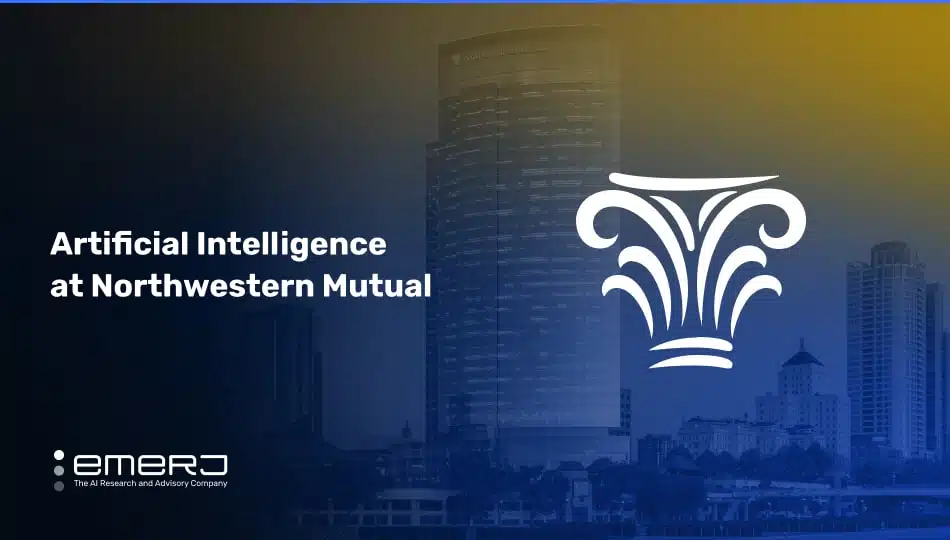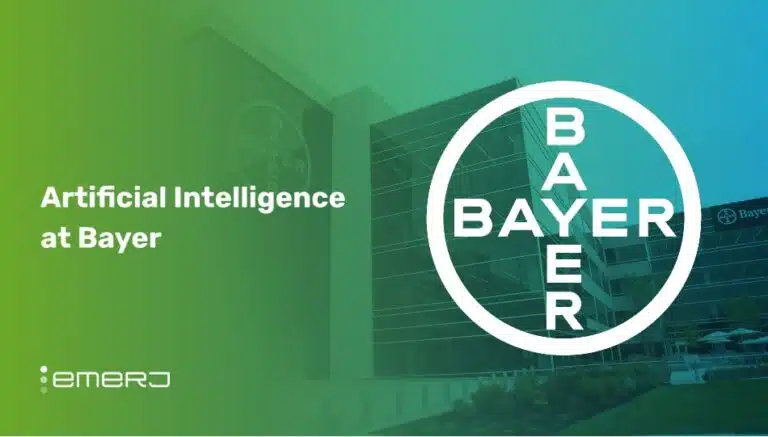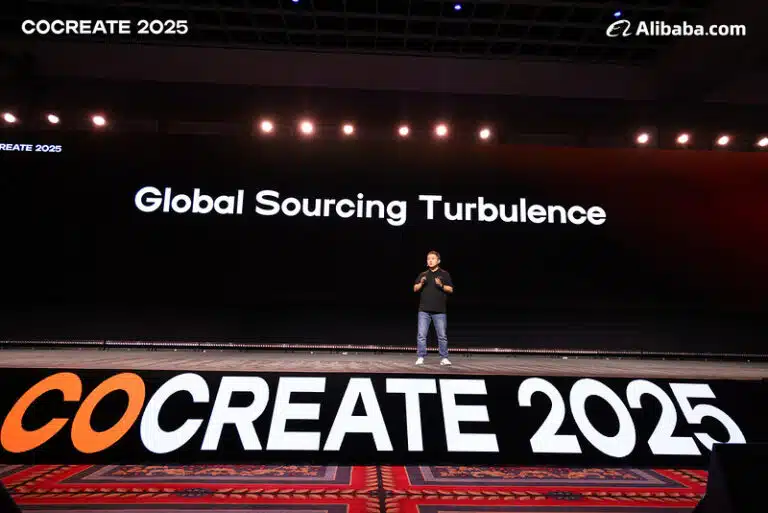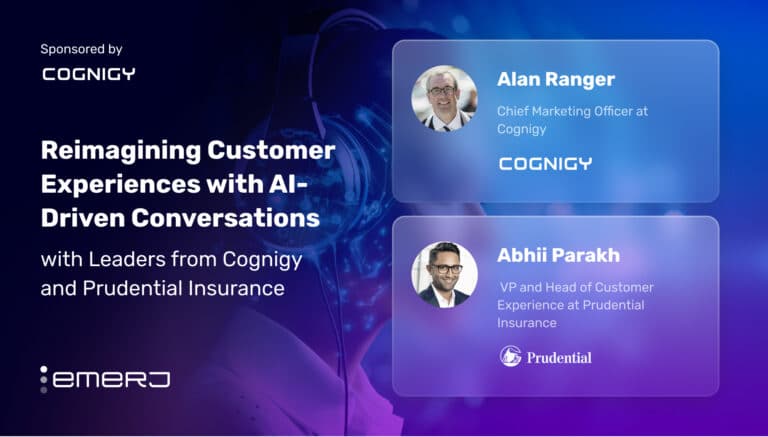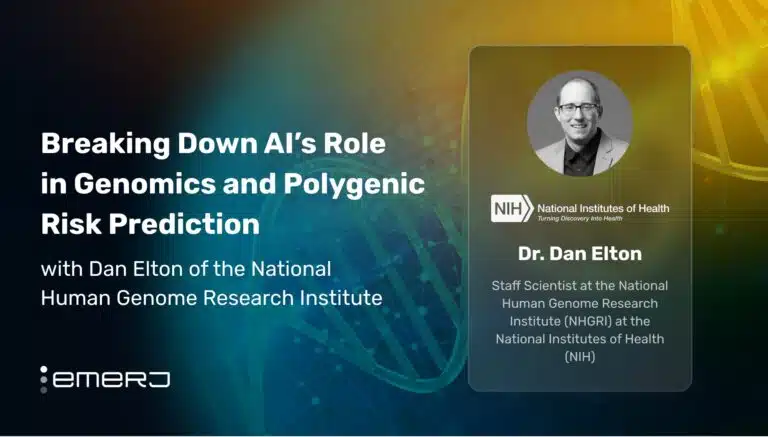Northwestern Mutual is an insurance and financial planning firm operating in the USA. The company reported nearly $35 billion in revenue and a surplus of over $37 billion in 2022. It also surpassed five million clients across its product lines, including life insurance, disability insurance, long-term care insurance, annuities, and wealth management.
The financial institution has invested significantly in AI to enhance its services and operations. As per an article by MIT Sloan, the company was aiming for half of its policies to be issued with digital data and AI-assisted decisions by the end of 2023. It has also collaborated with two other companies to establish the Northwestern Mutual Data Science Institute, aiming to foster innovation in AI.
In this article, we will examine two use cases showing how AI initiatives currently support Northwestern Mutual’s business goals:
- Social media campaign analysis: Using real-time sentiment analysis, social listening tools, and analyzing customer conversations with AI to unify customer data into a single 360-degree view.
- Expediting model production: Leveraging a machine learning operations (MLOps) platform to manage data ingestion, building models, streamlining, optimizing, and performance monitoring thereby producing models in three months.
Use Case # 1: Social Media Campaign Analysis
Social media may not seem like an incredibly competitive space for wealth management competition. However, a new generation of professionals and homeowners is entering the market – and one that came of age in the heyday of rudimentary social tools like early Facebook and Myspace twenty years ago.
Northwestern Mutual faced the challenge of launching a first-of-its-kind social campaign to reach this demographic, the “Museum of Recent History,” on Instagram. The company achieved years of posts from its Instagram and aimed to wipe its Instagram feed clean and create an engaging campaign to reflect a cultural shift termed “The Great Realization”.
To support this seven-day campaign, Northwestern Mutual needed a technical solution that could:
- Evaluate the content types and themes that would resonate with its audience
- Enable easy collaboration between teams to create, share, approve, and publish social assets.
- Increase efficiency in its community management workflow.
Upon finding a sufficient solution for these criteria, the financial services organization partnered with Sprinklr to power its “Museum of Recent History” social campaign from start to finish. According to the use case documentation, Northwestern Mutual’s marketing team leveraged tools like Sprinklr Insights and Sprinklr Social to enhance the impact of their campaign.
Sprinklr’s use case documentation claims their AI teams collected and dissected relevant content, evaluated different content types and themes, and helped Northwestern Mutual leadership better understand their audience’s preferences.
Per the company website, Sprinklr Social is an AI-powered social media management solution that:
- Enables businesses to understand, reach, and engage with customers across various channels.
- Offers a range of features, including social listening, real-time insights, social media automation, and publishing and engagement tools.
Sprinklr Insights is a real-time insights and social listening platform that helps gather:
- Customer sentiment
- Predict potential crises
- Analyze market trends.
Per the Sprinklr website, it uses AI for:
- Integrated social listening
- Conversation suggestions
- Sentiment analysis
One AI-based particular feature, ‘Schedule post,’ suggests when and at what time the post should go live for maximum engagement and results based on prior social media performance.
 Screenshot from Sprinklr Insights (Source: Sprinklr)
Screenshot from Sprinklr Insights (Source: Sprinklr)

Screenshot from Sprinklr Insights (Source: Sprinklr)

Screenshot from Sprinklr Social Demo (Source: Meltwater)
To support the seven-day “Museum of Recent History” campaign, the use case documentation claims that Northwestern Mutual leveraged Sprinklr AI to evaluate content types and themes that would resonate with its audience. The AI-powered benchmarking from Sprinklr Insights enabled the company to compare and assess which content types and themes resonated with fans and followers in the financial services industry.
Additionally, Sprinklr claims that Northwestern Mutual used its Rule Engine software to automate community management tasks, handling over 50,000 engagements during the campaign.
Per the case study published by Sprinklr, Northwestern Mutual achieved the below-mentioned results:
- 10x increase in engagement over the seven-day period of the campaign
- 290 new followers
- 31k likes on a single post in one of the seven days
- 57,000 engagements in seven days
Use Case # 2: Expediting Model Production
Northwestern Mutual aimed to accelerate the use of AI technology and data science within its organization to drive innovation and solve previously unattainable problems. Late last year, the accounting firm E&Y released a survey of financial services leaders, and nearly unanimously, 99% claimed their organizations were deploying both traditional and generative AI (GenAI) in some manner.
Such unanimity suggests that in the current hype cycle, Northwestern Mutual is merely responding to ‘the fear of missing out’ in the technology hype cycle without needing a specific business need to explore a digital transformation.
According to use case documentation from Domino, their future partner, Northwestern Mutual sought to integrate machine learning operations (MLOps), explainable AI, and a framework for organizational practices to streamline the approval and acceptance of machine learning and artificial intelligence models.
The documentation also claims that the business challenge for Northwestern Mutual was that the company’s data scientists were limited to sequential, manual processes of building and deploying models. Model development can be complicated for financial services organizations, particularly those that are considered ‘legacy,’ like Northwestern Mutual – or at least not ‘born digital.’
Northwestern partnered with Domino for its MLOps platform to manage its data ingestion, model production, and deployment challenges. Domino is a software development company that offers an enterprise MLOps platform.
According to the partner’s use case documentation, the Domino MLOps platform offers open-source and commercial tools for use. Teams can use any programming language, tool, library, or GenAI package for model production.
Here are a couple of ways Domino asserts how their MLOps technology helps data science teams:
- When launching a workspace, the team can use the preferred IDE, such as R-studio, Jypyter, or VSCode.
- Teams get quick access to distributed computing without replying to IT teams.
- Easily access any structured and unstructured data from sources such as databases, data lakes, or cloud storage.
- Pause and resume expensive computing resources without losing data.
Below is a seven-minute video demo tutorial of Domino’s MLOps platform which explains some of its features, like self-serve AI infrastructure and integrated MLOps.
Per the case study published by Domino, MLOps helped Northwestern Mutual with:
- Data ingestion, building models, streamlining, optimizing, and performance monitoring.
- Putting models into production in three months.
- Providing teams more accessibility to leverage each other’s work instead of reinventing it.
Further, Domino claims the below results for their other clients:
- 542% ROI
- 80% faster model deployment and
- 50% shorter model lifecycle


